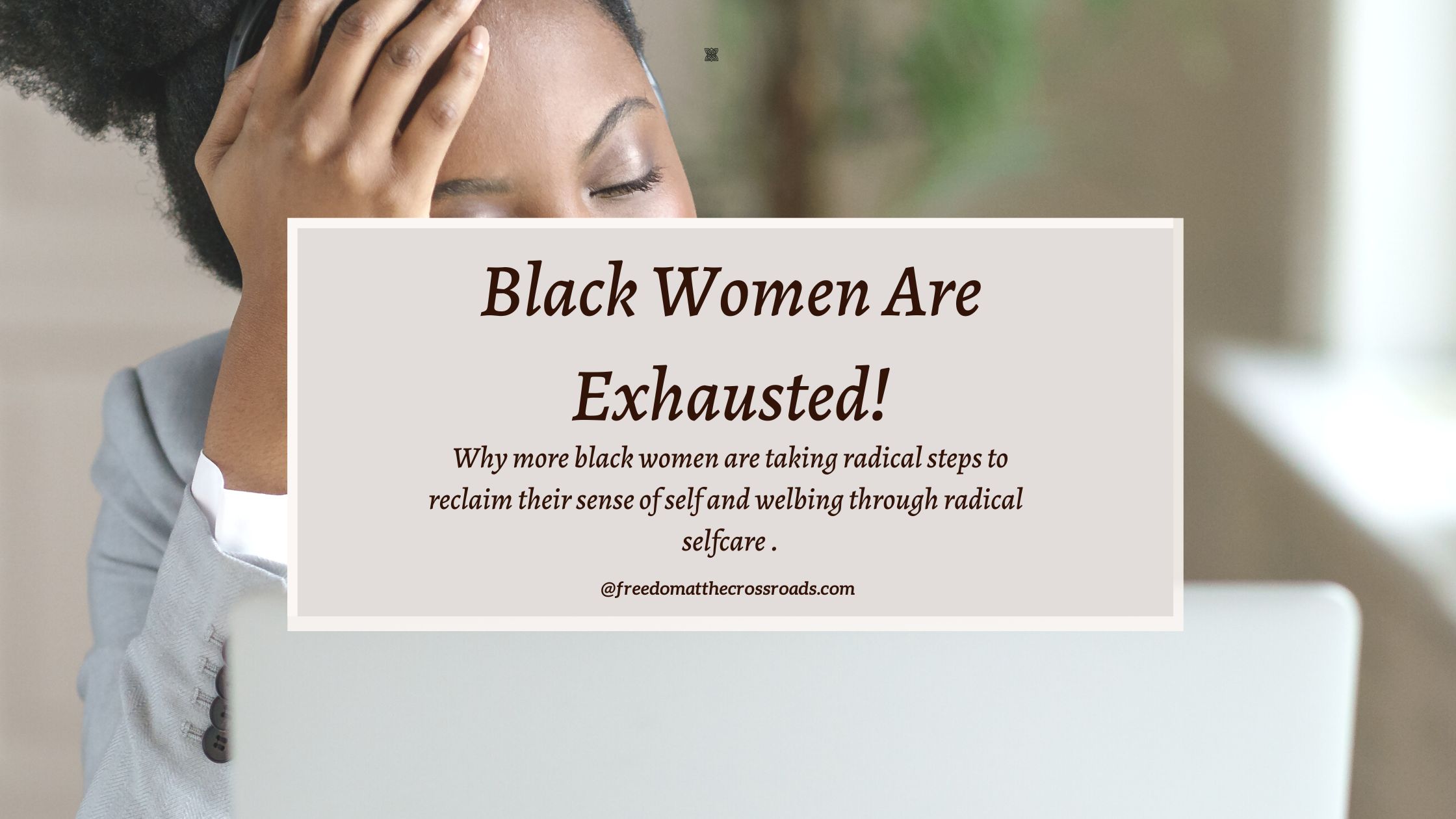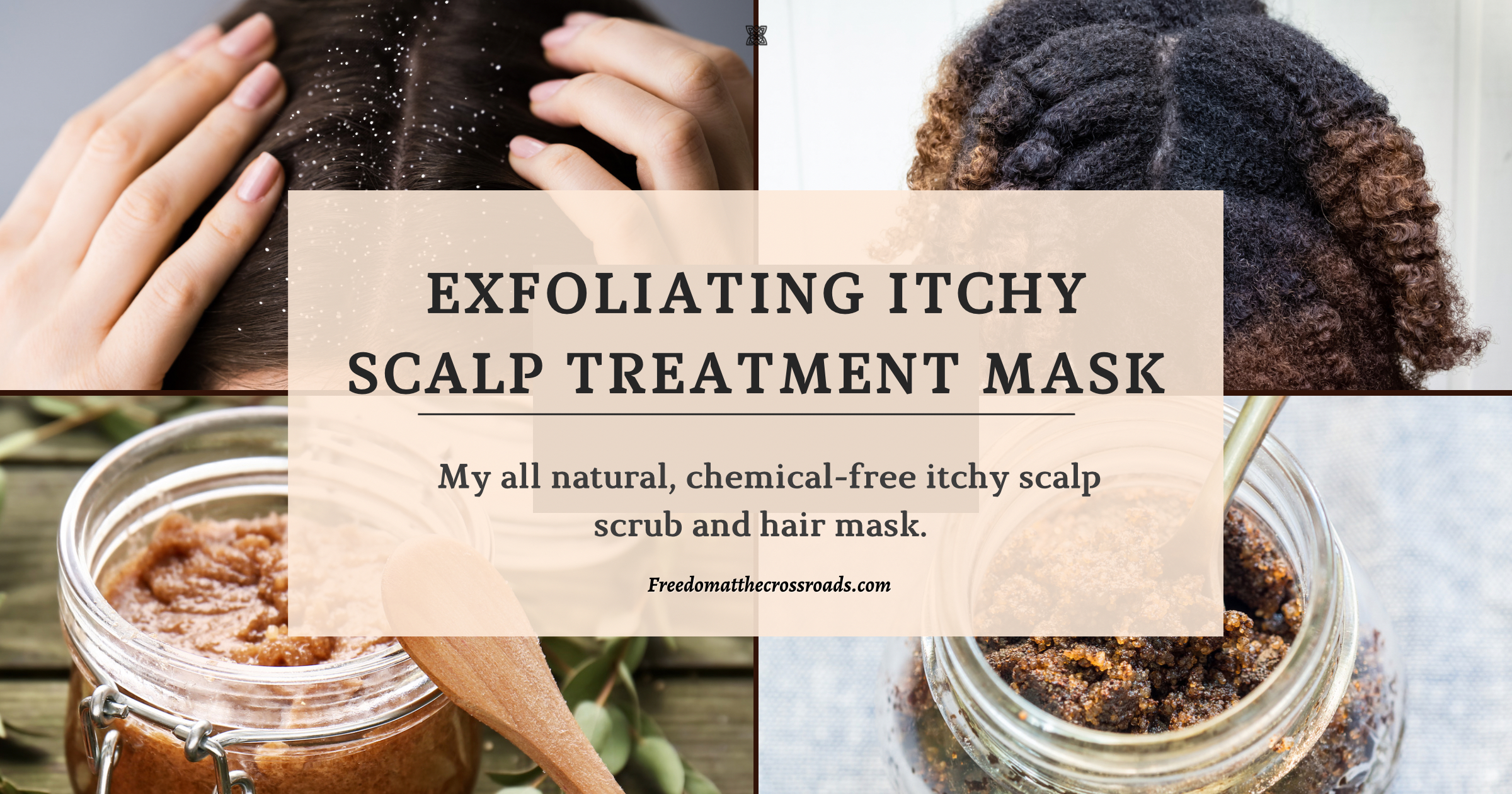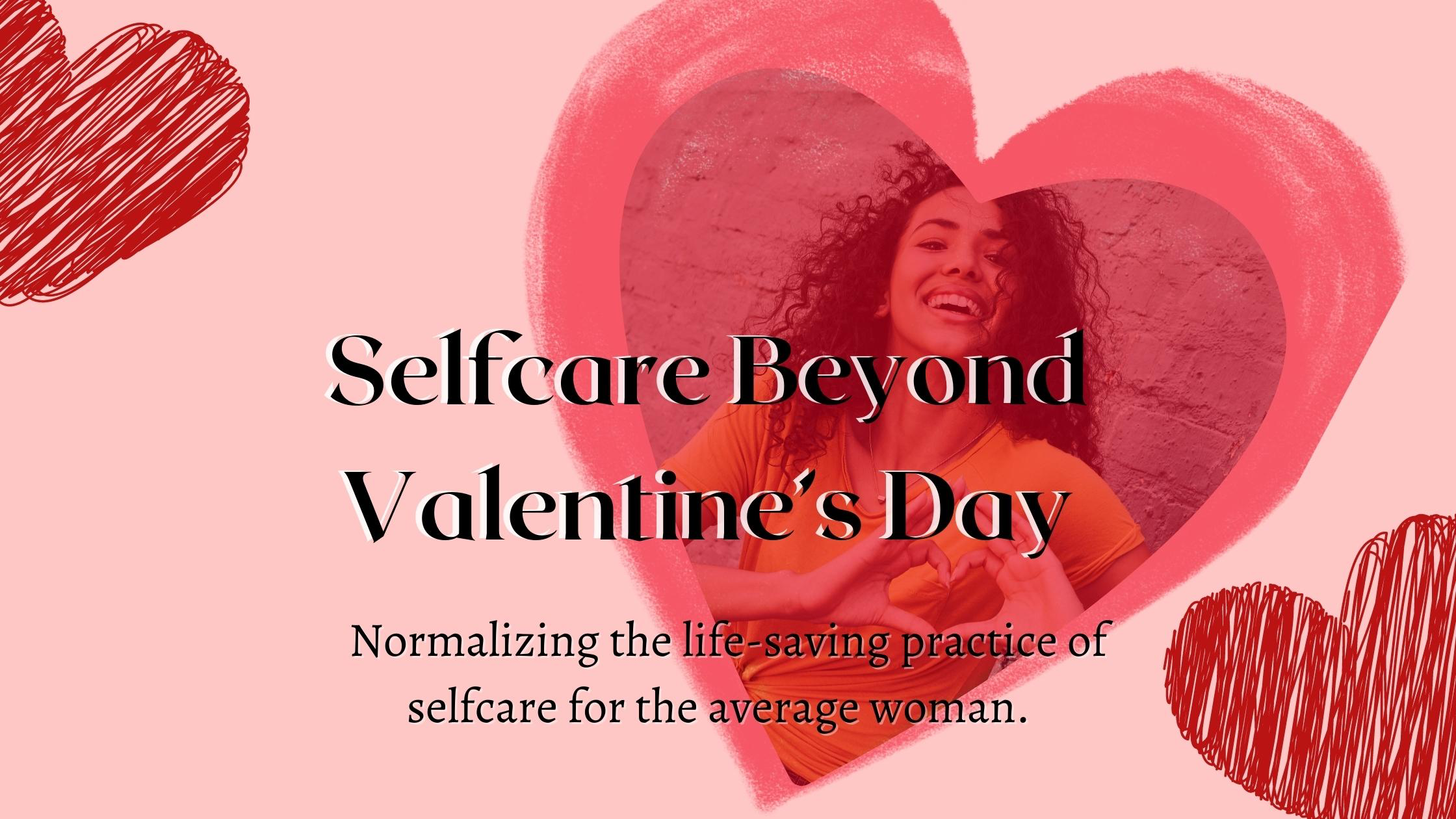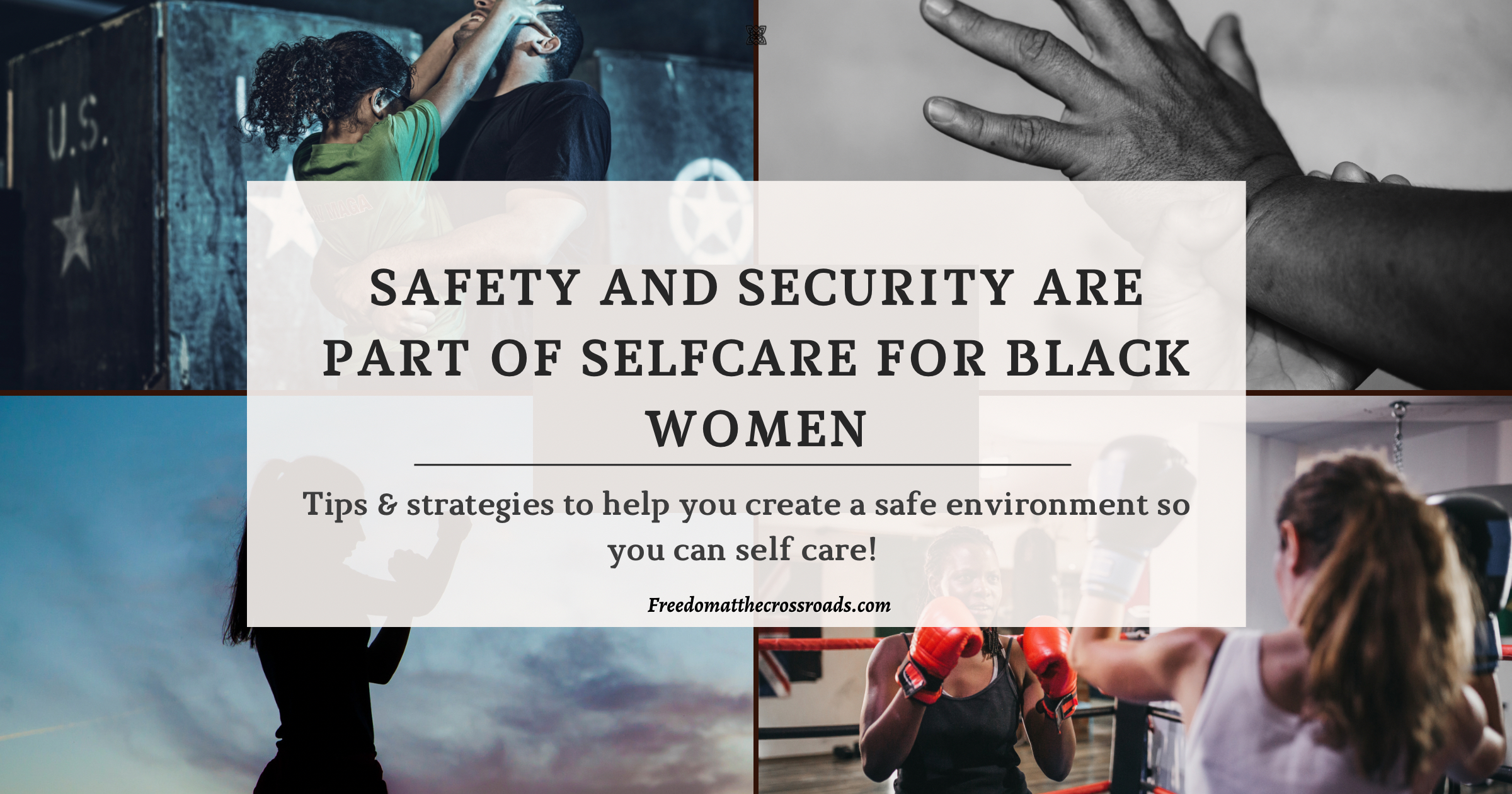Selfcare and the realities of setting boundaries for black women
It’s hard enough learning and setting boundaries, as a woman. As usual, when it comes to black women living and exhibiting in America, that becomes even more of a challenge. Black women are exhausted but still expected to show up 100% at home and in the workplace. For the average black woman, there is no room for selfcare or taking a mental health day. Often times, they are expected by society and culture to exist and toll for the benefit of others and that ini itself should be reward enough!
Some observations about selfcare as a black woman
The struggle is real and can often seem daunting especially when you consider all of the intersections that we as black women have to navigate daily. Also, historically and culturally, women have been conditioned to allow others to access our labour and resources to the point of exhaustion, if not death. As a matter of fact, it has been so normalized that when we start reclaiming our power and setting boundaries, they are often met with resistance and hostility from unexpected places. It does not matter that black women are exhausted, stressed and many in poor health due to a lack of selfcare and setting boundaries.
It starts in the mind
I hate to sound cliche but selfcare, selflove, etc regardless of where you are in the world, begins in the mind! It’s also why so many “forces” (i.e. patriarchy, misogyny, etc) don’t want women to access selfcare and are so violently opposed to these concepts. While patriarchy and misogny(noir) are not new-they’ve been in operation for millennia, what is new is the global awakening of women. In order to access selfcare and selflove, you have to first become self aware.
What does that mean?
What this means is that black women are coming to the realization that we are human before you’re a woman, and that we don’t need to prove our worth to anyone. It also means freeing your mind from the societal and cultural indoctrination (domestication) that has gaslighted women into thinking they don’t deserve to live autonomously and the right to pursue their dreams, grow, etc.
Black women are exhausted and have been so, for a long time
For much of our time here in North America, particularly here in the U.S., black women have been the proverbial “canaries in the coal mines” of society and culture. Our labour, resources and energy have been siphoned from us, without our consent. The few occasions when consent has been granted it was often under duress or outright deception. Now, the tide is changing as black women and women globally awaken to reclaim their autonomy, resources and power. Needless to say, those who have long benefited from the subjugation of women, are in violent opposition and unhappy to say the least.
Black women at the intersection of patriarchy and white supremacy
Because of patriarchy and white supremacy, black women have historically borne the brunt of inequity and discrimination. As a result, we’ve been disproportionately affected by the impacts of these poisonous systems and their institutions. Whether it is maternal health outcomes, treatment in the justice system, etc, black women are the most harmed. In short, black women are exhausted from the seemingly never ending task of navigating these systems and conditions. Awakening to these realities, rather than remaining on the hamster wheel going no where, is the beginning of the selfcare journey!
A brief reminder of her-story
Arguably, women globally have been the observers and harbingers of what’s coming as we have watched patriarchy destroy both humanity and the planet. Women are relearning “her-story” and coming to realize that we have been lied to and outright bamboozled! Yes, before all of “this” we had power, were builders, and protectors of both humanity and the planet. In short, equality and equity have always translated into alignment and universal balance as it is the universal order of things.
Selfcare strategies to save your mind and body
Being a woman is unlike anything in the universe and we need to start walking in our power and truth. To begin to do that, we need each need selfcare strategies and tools that we help us thrive and not just survive on this blue globe! Our default does not have be exhaustion,stress and dis-ease. Consistent selfcare means a reduction in stress, fatigue and illness. It also means a far better quality of life and the ability to focus on those interests that elevate our lives. Research has shown that repeated stress, trauma, etc age and cause disease in all areas of the body. This also impacts our mental health status. You can read more on selfcare right here!
So why the shift?
The shift is taking place as more and more black women connect globally. Through social media and other platforms, black women are not just sharing stories and experiences, we are sharing knowledge. As more of awaken to the damages and lies of patriarchy, misogyny and anti-blackness, we are moving strategically. With knowledge and healing comes the ability to get off the altar of other people’s expectations. In this way, we reclaim our health, dreams and passions. Global politics, especially as it pertains to North America, has been a huge eye opener for black women. As we watch women’s rights be dismantled, the stripping away of reproductive rights, etc, it’s clear to see the writing on the wall. Be sure to tune into my YouTube channel as I really go “in” on this!
Final Thoughts
As more and more black women realize the options available to them globally, the more the fire and fight for true liberation burns. The myth of black excellence, proving yourself to justify your worth, begging for a seat at the table of institutional racism, etc is crumbling. Now, black women are finally beginning to make choices that are in their best interest and most of that is founded on selfcare and healing. Additionally, as more black women to begin to seek therapy, do the internal work, etc, we can expect the societal impact to hit even harder. Arguably, that’s why those who have benefited from unchecked access to black women’s labor are getting more upset and loud about it. News flash: stay mad!









